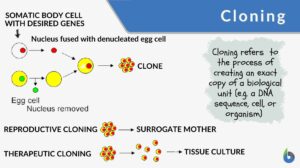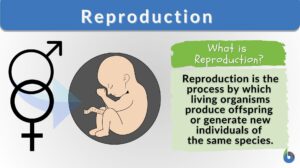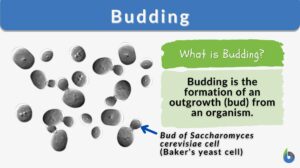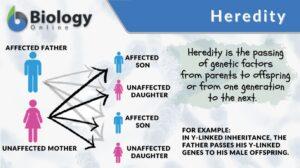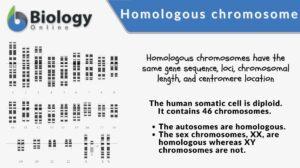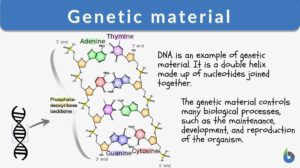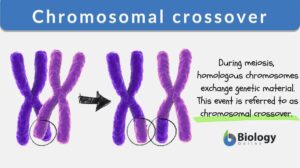Search Results for: clone
Parthenogenesis
To reproduce, by definition, means to produce new offspring. The process is referred to as reproduction, which is one of the... Read More
Asexual reproduction
Asexual Reproduction Definition What is asexual reproduction? Asexual reproduction is a type of reproduction that does not... Read More
Sexual reproduction
Sexual reproduction is a mode of reproduction involving the fusion of haploid female gamete (egg cell) and haploid male... Read More
Fragmentation
Fragmentation Definition What is fragmentation? In general, fragmentation refers to the state or the process of breaking... Read More
Reproduction
Reproduction Definition Reproduction is a biological phenomenon of producing offspring/s. i.e. more of its kind. Depending... Read More
Allelic exclusion
Allelic exclusion (Science: cell biology, genetics) The process whereby one or more loci on one of the chromosome sets in a... Read More
Biogenesis
Biogenesis Definition Biogenesis refers to the idea or the process whereby a living thing comes from another living thing,... Read More
Binary fission
Binary Fission Definition What is binary fission? In biology, binary fission is a type of asexual reproduction where a... Read More
Inbred strain
Definition noun, plural: inbred strains A strain of animal or plant that has undergone an inbreeding strategy (e.g. brother... Read More
Genetic diversity
Genetic Diversity Definition Each species is composed of individuals with their own set of genes. A gene is the inheritance... Read More
Monoclonal antibody
monoclonal antibody (Science: immunology molecular biology) A substance, usually a protein, which can be synthsised in the... Read More
Memory T cell
Definition noun, plural: memory T cells A long-lived T cell that bears receptors for an antigen during its encounter with a... Read More
Plasma B cell
Definition noun, plural: plasma B cells A large B lymphocyte that when exposed to antigen, produce, and secrete large... Read More
Somaclonal variation
somaclonal variation The variation between individuals in a clone, particularly in plant clones. While the objective is... Read More
Dna sequence analysis
Dna sequence analysis (Science: molecular biology) determination of the nucleotide Sequence of a length of dna. Typically,... Read More
Monoclonal
monoclonal 1. (Science: cell biology) Used of a cell line whether within the body or in culture to indicate that it has a... Read More
Homologous chromosome
A homologous chromosome pertains to one of a pair of chromosomes with the same gene sequence, loci, chromosomal length, and... Read More
Unicellular
Unicellular organisms are organisms consisting of one cell only that performs all vital functions including metabolism,... Read More
Memory cell
Definition noun, plural: memory cells A long-lived immune cell that has the ability to recognize a foreign particle that it... Read More
Genetic material
Genetic Material Definition What is genetic material? Genetic material is the hereditary substance in the cell. It carries... Read More
Memory B cell
Definition noun, plural: memory B cells A small, long-lived B lymphocyte that was previously exposed to a particular... Read More
Chromosomal crossover
Chromosomal Crossover Definition noun A process occurring during meiosis wherein homologous chromosomes pair up and... Read More



